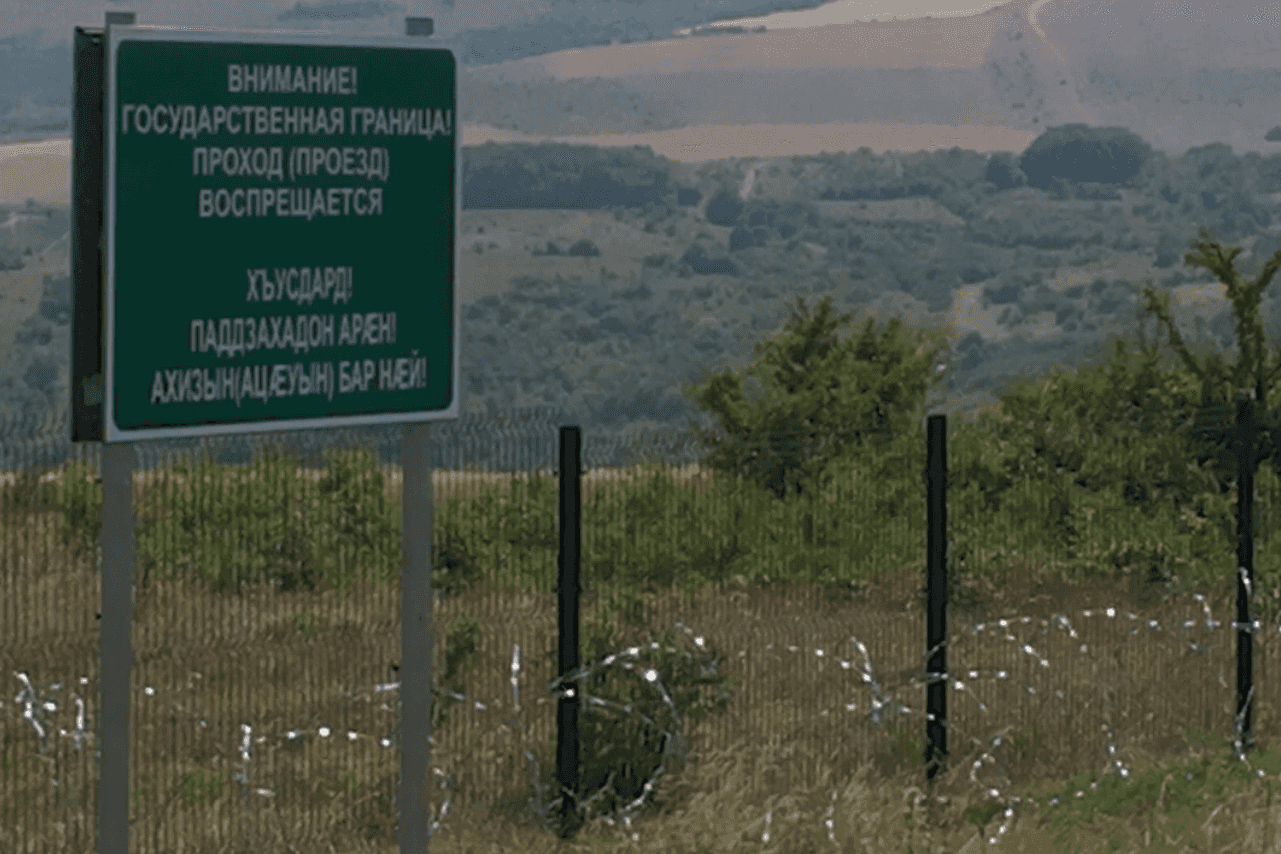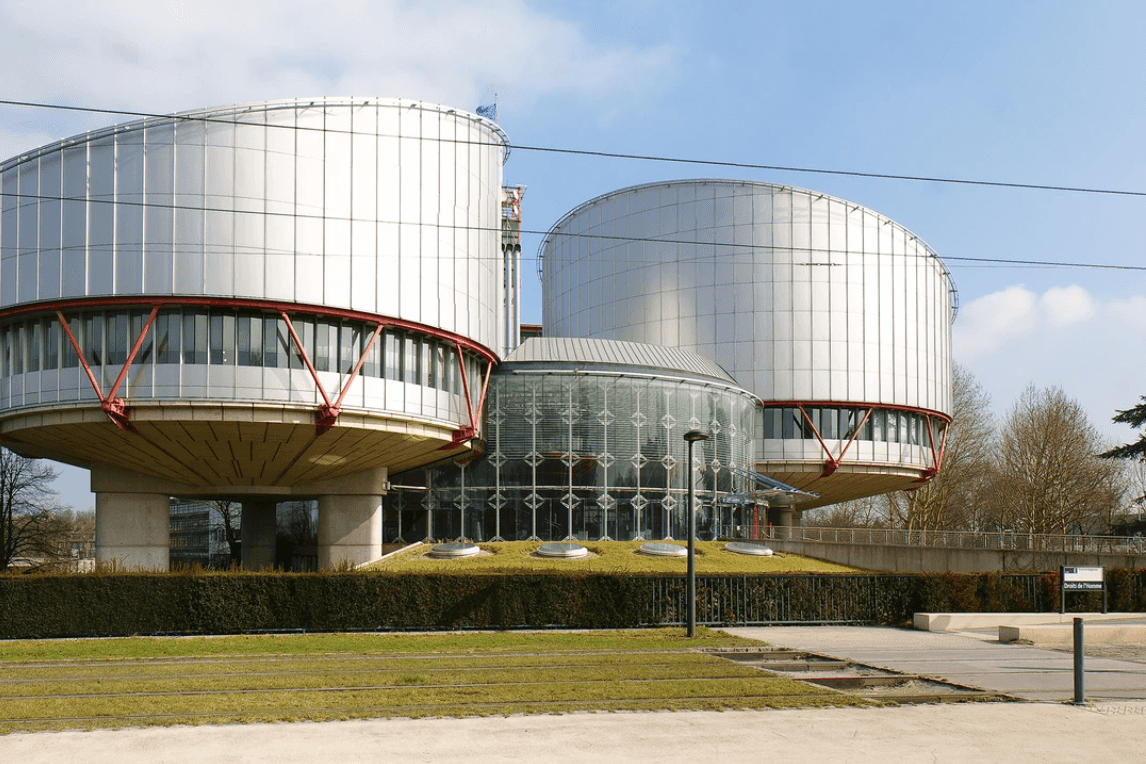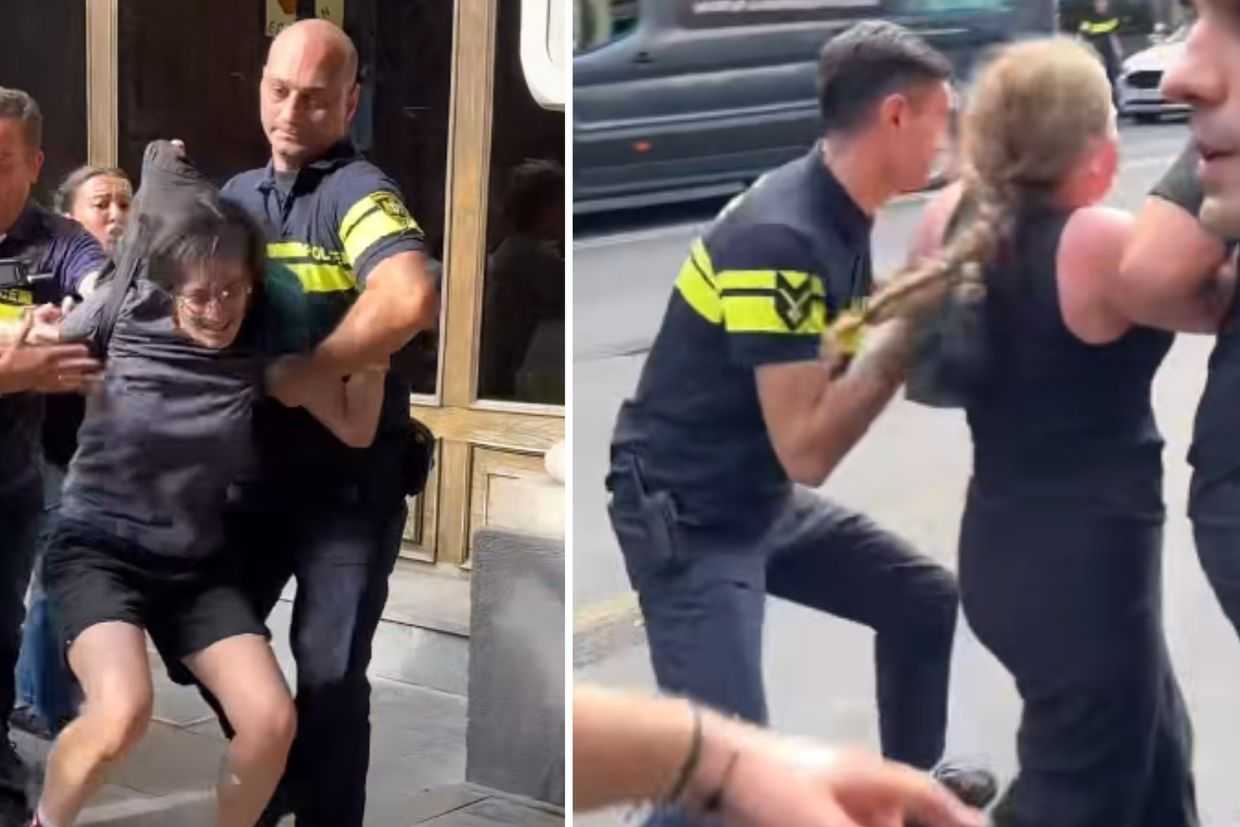
Abkhazia has welcomed statements made by the founder of Georgia’s ruling party, Bidzina Ivanishvili, in which he pledged to ‘apologise’ to the Ossetian people for the 2008 War, saying that it could lead to ‘peaceful coexistence’.
In a statement issued on Monday, Abkhazia’s Foreign Ministry said that ‘such a statement, if supported by real steps towards reconciliation based on a reassessment of past mistakes and apologies to the peoples of South Ossetia and Abkhazia, the rejection of methods of political and economic pressure and the signing of a peace agreement, could be the beginning of a process leading to peaceful coexistence and good-neighbourly relations.’
Earlier that day, Ivanishvili had said that should the ruling Georgian Dream party secure a majority in parliament following October’s elections, they will try the formerly ruling United National Movement (UNM) for ‘instigating’ the 2008 War.
‘When the instigators of the war will be tried, when all the perpetrators of the destruction of the Georgian–Ossetian brotherhood and coexistence will receive the strictest legal answer, we will definitely find the strength in ourselves to apologise for the fact that, by the task, the traitor [UNM] in 2008, consigned our Ossetian sisters and brothers to the flames’.
The Abkhazian Foreign Ministry said that Ivanishvili’s statement showed that Georgia ‘still has the capacity for internal re-evaluation and recognition of its mistakes, as has happened more than once in our relations.’
They cited a 1956 incident when the Georgian Communist Party condemned the actions of Soviet dictator Joseph Stalin and the head of the Soviet secret police Lavrenti Beria towards Abkhazians.
They also quoted Georgia’s second President, Eduard Shevardnadze, as saying in 1978 that a ‘policy was carried out towards the Abkhazian people that should practically be called chauvinistic […] which fundamentally contradicts both the interests of the Georgian people and the interests of the Abkhazian people.’
‘Unfortunately, this did not prevent Mr. Shevardnadze from unleashing a war in Abkhazia in 1992’, read the ministry’s statement.
The Foreign Ministry closed its statement by expressing hope that Ivanishvili was ‘more sincere in his intentions and will find the right words in relation to the people of Abkhazia, which this time will not diverge from actions and will end with the signing of a legally binding document on international guarantees of the non-use of force between Abkhazia and Georgia and South Ossetia and Georgia.’
Observers in Abkhazia have also reacted to Ivanishvili’s statement.
Inal Khashig, a journalist and political observer, wrote on Telegram that it ‘would be logical if Ivanishvili’s next step would be to take similar actions in relation to the Abkhazians and the war unleashed against them in August 1992’.
‘In addition, if we follow this logic and in this direction, the Georgian Parliament needs to repeal the so-called “Law on Occupation” ’.
Journalist Eleonora Giloyan expressed scepticism on her own channel, saying: ‘it turns out they will apologise after winning [the elections]. But what’s stopping them from doing so before winning?’
An opposition politician told OC Media on condition of anonymity that he believed Ivanishvili’s statement was ‘directed towards Moscow’.
‘All these courtesies are directed towards Moscow. Like, look how loyal we are, we don’t blame you for the 2008 war. Let’s just hush up this topic. But the topic of the 1992 war remains, and no one wants to discuss it with us’.
For ease of reading, we choose not to use qualifiers such as ‘de facto’, ‘unrecognised’, or ‘partially recognised’ when discussing institutions or political positions within Abkhazia, Nagorno-Karabakh, and South Ossetia. This does not imply a position on their status.









